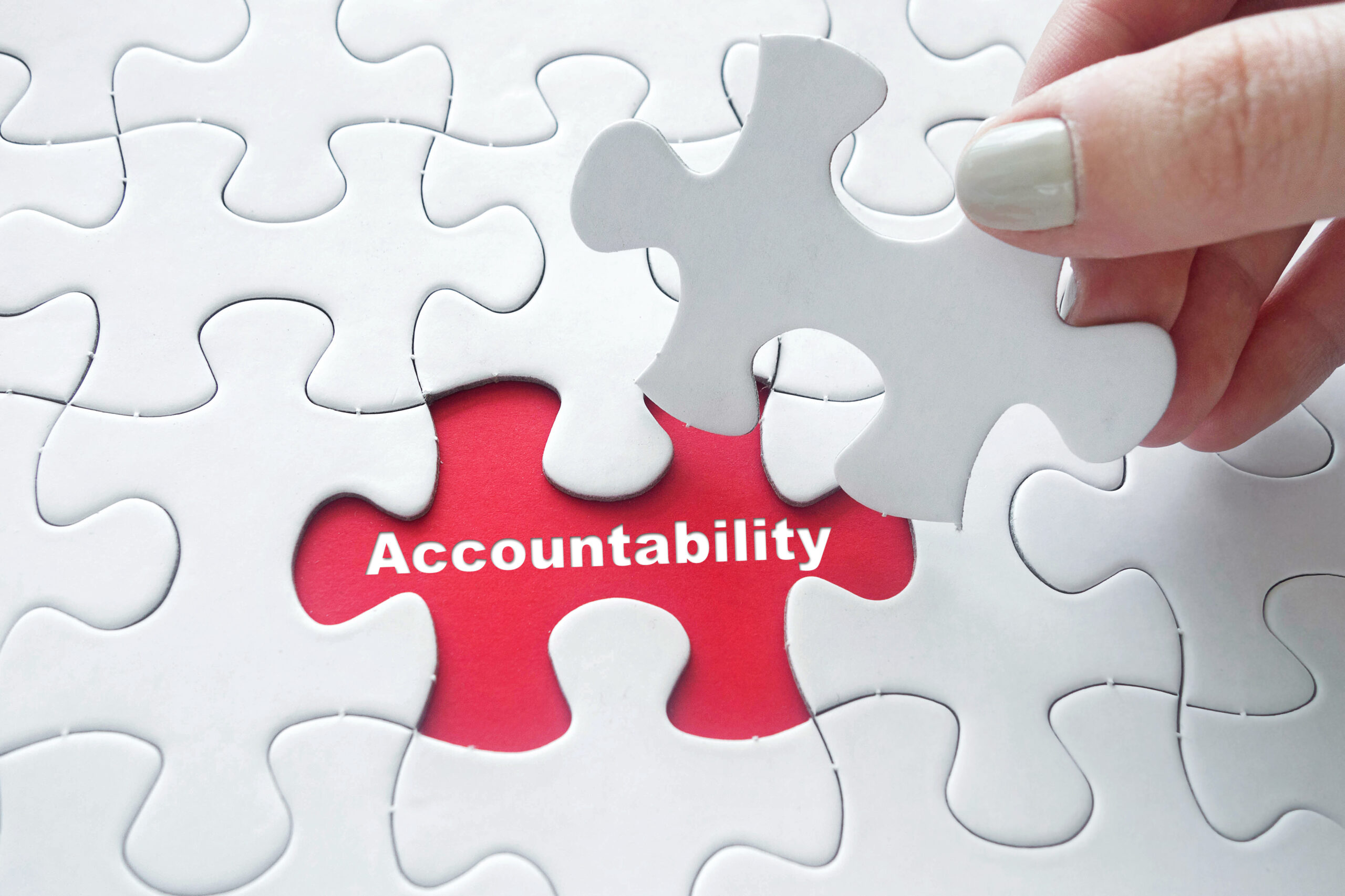Accountability doesn’t always get the attention it deserves in leadership conversations. It’s not flashy. It’s not a buzzword. And it’s rarely what makes the headlines. But in my experience—spanning decades in different industries and roles—accountability is one of the most powerful, lasting forms of leadership there is.
Accountability isn’t about being perfect or never making mistakes. It’s about taking full responsibility for your actions, your decisions, and your outcomes. And when you do that consistently, you build something even more valuable than a title: trust.
The Quiet Power of Owning Your Actions
I learned early in my career that people pay more attention to what you do than what you say. You can talk about being responsible, but when things go sideways and people are pointing fingers, the real test is whether you’re willing to say, “This was on me.”
That’s what accountability looks like in real time. It’s not dramatic. It’s not loud. But it’s deeply respected.
Over the years, I’ve made my share of mistakes. Missed deadlines. Miscommunications. Calls I wish I could take back. But what I found is that when I owned up to them, took corrective action, and followed through, I didn’t lose credibility—I gained it. People respect someone who doesn’t shift blame, who faces problems directly, and who shows up to make things right.
Why Accountability Builds Influence
Influence isn’t something you demand. It’s something you earn. And one of the fastest ways to earn it is by being someone others can count on.
When you consistently take responsibility—whether for a project, a mistake, or a team—you show others that you can be trusted. Trust is what opens doors, keeps teams together, and creates momentum in your career.
At JSL Construction, my role as Controller and CFO means people are looking to me to make high-stakes decisions. But what earns me their trust isn’t just the accuracy of a budget or the strategy in a plan—it’s the consistency of knowing I’ll take ownership of the outcomes, no matter how things unfold.
Accountability doesn’t make you invincible, but it makes you credible. And in leadership, credibility is everything.
Creating a Culture of Accountability
Accountability isn’t just a personal trait—it’s contagious. When leaders model accountability, it sends a signal to the entire team that taking responsibility is part of the culture.
One thing I always emphasize with my team is that accountability starts with me. If I expect them to own their work, I have to do the same. That means admitting when I get it wrong, being transparent about expectations, and showing up for difficult conversations.
Creating a culture of accountability doesn’t mean micromanaging. It means giving people the freedom to own their responsibilities while supporting them with the tools, feedback, and encouragement they need to succeed.
When people feel trusted, they rise to the occasion. And when they know their leader will support them through mistakes instead of punishing them, they’re more likely to take initiative and stay engaged.
Accountability vs. Blame
One thing I’ve learned to distinguish over time is the difference between accountability and blame. Blame is reactive. It’s about pointing fingers and finding fault. Accountability, on the other hand, is proactive. It’s about asking, “What could I have done differently?” or “How can I help solve this?”
That shift in mindset changes everything. Instead of wasting energy deflecting, you focus on learning and improving. And that mindset spreads—across teams, departments, and organizations.
When you remove blame from the conversation and replace it with ownership, you create an environment where people feel safe to try, fail, and grow.
Leading Without a Title
One of the best things about accountability is that you don’t need a title to practice it. In fact, some of the strongest leaders I’ve ever worked with weren’t in formal leadership positions at all.
They were the ones who showed up early, followed through on promises, and stepped up when others stepped back. They owned their work, took pride in their results, and supported their colleagues without being asked. That’s leadership—quiet, steady, and deeply influential.
If you want to stand out in your career, start with owning everything in your control. Your work. Your effort. Your growth. Do that consistently, and you’ll earn respect and influence long before you get a new title or promotion.
Holding Yourself Accountable
So how do you build accountability into your daily life? For me, it starts with a few habits:
- Set clear goals and expectations for yourself.
- Review your performance regularly and honestly.
- When something doesn’t go as planned, reflect before reacting.
- Make corrections, not excuses.
- Ask for feedback, even when it’s uncomfortable.
- Follow through—especially on the small things.
Accountability is a muscle. The more you use it, the stronger it gets. And over time, it becomes part of how you lead, live, and grow.
Final Thoughts
Leadership isn’t always about being the loudest voice or the boldest decision-maker. Sometimes, it’s about showing up every day, doing what you said you would do, and taking responsibility when things get hard.
That kind of quiet strength doesn’t just move teams forward—it builds loyalty, trust, and real influence. And in a world full of distractions and short-term wins, accountability is a leadership trait that never goes out of style.
Own your work. Own your growth. Own your leadership journey. The rest will follow.
